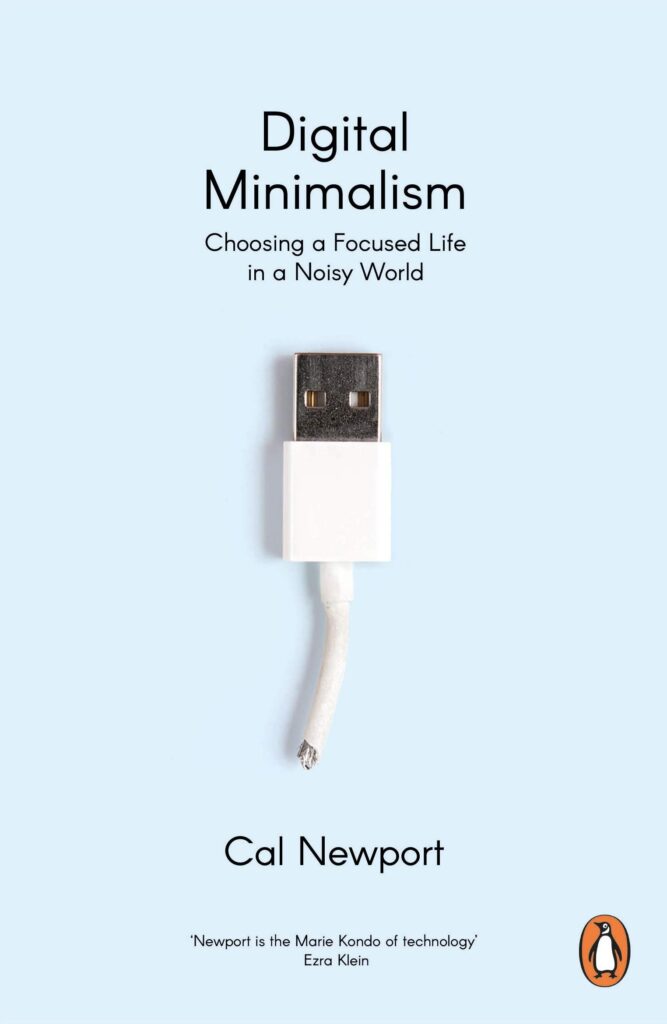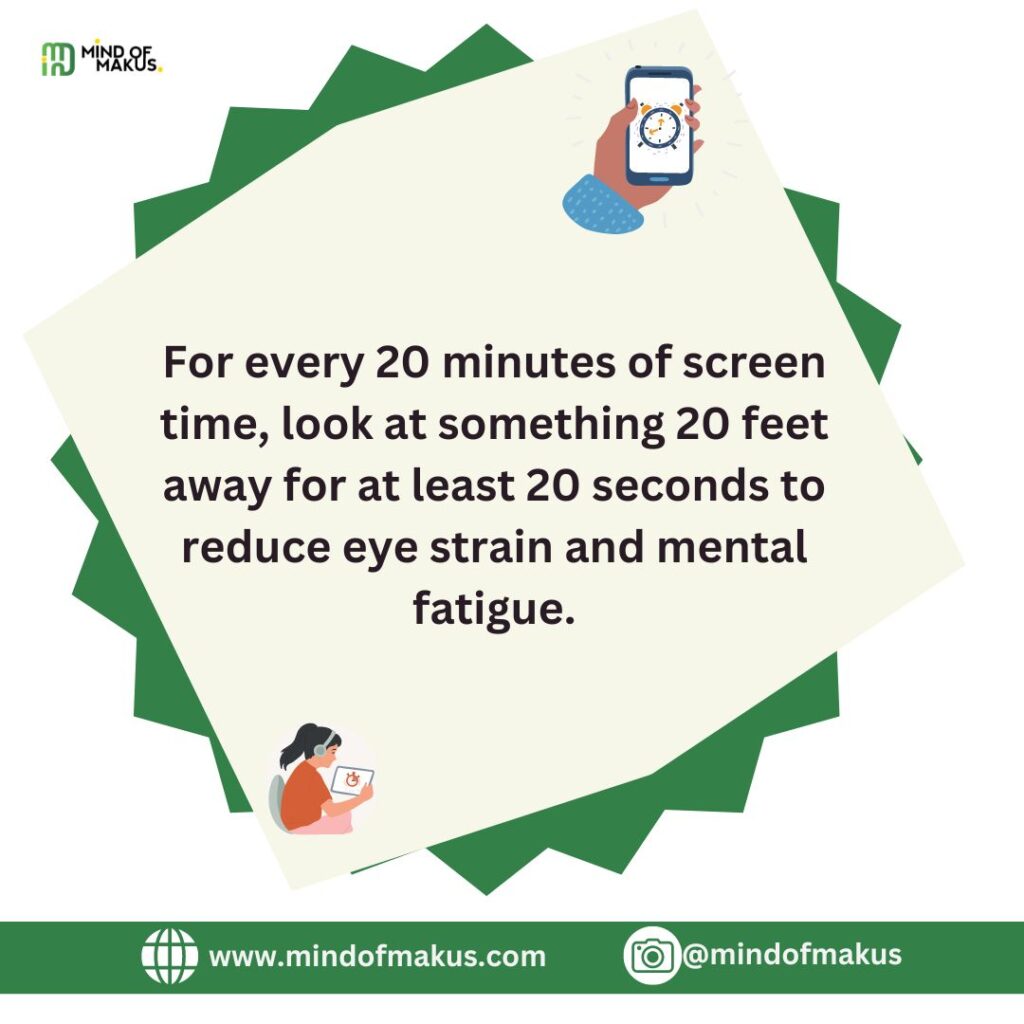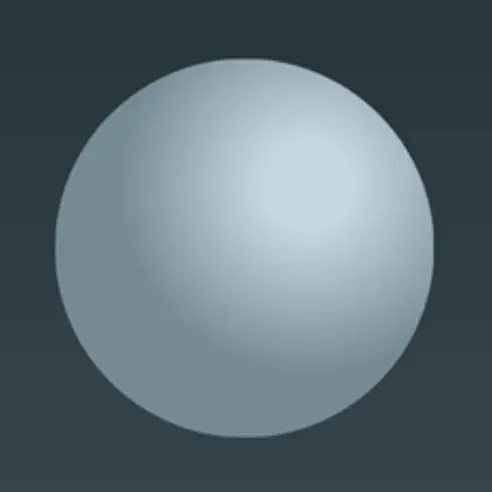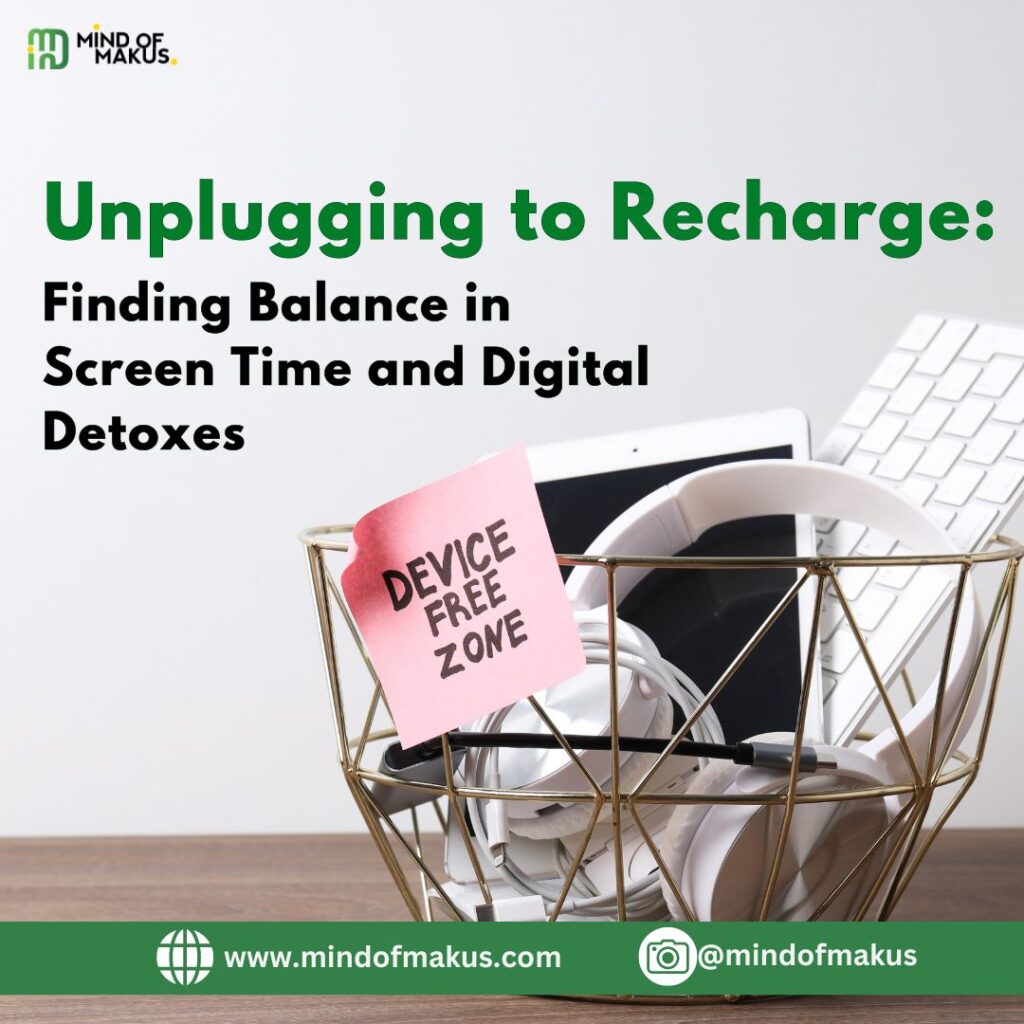Hello dear friend
I hope you are having a great summer so far, all the holidays and local events are in full gear.
I thought about how summer can be busy but we often have the added burden of recording and documenting it all, also watching others doing their own things online, comparing and sometimes getting inspired or envious while we are at it.


In today’s digital age, screens have become an integral part of our daily lives. From work to leisure, we’re constantly connected—checking emails, scrolling through social media, or binge-watching our favorite shows, reading our holy books online and on apps.
While technology offers countless benefits, excessive screen time can lead to burnout, stress, and even impact our mental and physical health. I remember my husband having this nagging headache for a few days and it occured to me that he wasn’t using a blue screen for work, so we tried no screen for a few hour and it went away.
Have you ever considered just going no screen? TV, Phone, Computer, Car etc.
Some would call it a digital detox, while it may not be completely necessary to cut it all off, it might be worth putting some boundaries around the use of digital media.


In this week’s blog post, we’ll explore the importance of finding balance in screen time and how to effectively incorporate digital detoxes into your life to recharge and reconnect with what truly matters.
The Impact of Excessive Screen Time
Spending too much time on screens can have several negative effects, including:
1. Mental Fatigue: Constant exposure to screens can lead to mental exhaustion, reducing productivity and creativity.
2. Sleep Disruption: The blue light emitted by screens can interfere with sleep patterns, making it harder to fall asleep and stay asleep.
3. Physical Strain: Prolonged screen time can cause eye strain, headaches, and poor posture, leading to discomfort and long-term health issues.
4. Social Disconnection: Excessive screen use can diminish face-to-face interactions, leading to feelings of isolation and loneliness. We also lose the skill of correctly interpreting social cues,because we don’t see them often and this leads to a lack of empathy. We see the effect in the increasing rates of violence and hateful activities.
5. Increased Stress and Anxiety: The constant influx of unnecessary information and the pressure to stay connected.so as not to miss out aka FOMO, can elevate stress levels and contribute to anxiety.


Recognizing the Signs You Need a Digital Detox
A digital detox involves taking a break from screens and technology to reduce stress and improve overall well-being. Here are some signs that it might be time for you to unplug:
– Feeling Overwhelmed: If you feel overwhelmed or irritated by notifications, emails, and social media, it might be time for a break.
– Difficulty Concentrating: Struggling to focus on tasks or feeling easily distracted by your phone or computer could signal a need to step back.
– Decreased Physical Activity: If screen time is replacing physical activity, it’s important to reassess your habits and move your body for your wellbeing.
– Sleep Issues: Difficulty falling asleep or poor sleep quality could be a result of too much screen time, especially before bed.
– Increased Anxiety: If you notice an increase in stress or anxiety levels, particularly related to digital interactions, a detox might help.
Subscribe to My Newsletter
How to Incorporate a Digital Detox into Your Routine
A digital detox doesn’t have to mean completely disconnecting from technology. It’s about finding balance and being mindful of your screen time. Here are some strategies to help you manage your digital time effectively:
1. Set Clear Boundaries
Establish specific times when you will avoid screens, such as during meals, before bed, or during social interactions. Setting boundaries helps you reclaim time for activities that don’t involve screens. Turn them off, put them on silent, create a bag or box where everyone put their phones at meal times or bedtimes. Have a landline for emergencies. I have known people who have a second phone that has no internet access for this purpose.
2. Create Tech-Free Zones
Designate certain areas of your home as tech-free zones, such as the bedroom, dining room, or a cozy reading nook. This encourages you to engage in activities that don’t involve screens, like reading, meditating, or spending quality time with loved ones.
3. Schedule Regular Breaks
Take regular breaks from screens throughout the day. The 20-20-20 rule is a great guideline: every 20 minutes, look at something 20 feet away for at least 20 seconds to reduce eye strain and mental fatigue.


4. Engage in Offline Activities
Rediscover hobbies and activities that don’t involve screens. Whether it’s going for a walk, gardening, cooking, or practicing a creative hobby, engaging in offline activities can help you recharge and boost your mood. Remember that when you are moving you are off the apps so move more, it’s good for your heart.
5. Practice Mindfulness
Incorporate mindfulness practices into your daily routine to stay present and reduce stress. Techniques like deep breathing, meditation, or yoga can help you disconnect from the digital world and reconnect with yourself.


6. Use Technology Mindfully
Be intentional about your screen time. Before picking up your phone or turning on the TV, ask yourself if it’s necessary or if you’re using it to avoid something else. Being mindful of your intentions can help you make healthier choices.
Questions you may want to ask yourself:
- What’s my reason for going on this app
- Do I have to do it now
- How long do I want to spend on the app
- Of what benefit is this to my overall goals in life
- When will I know I have overdone it
7. Plan a Full Digital Detox
Consider planning a full digital detox for a day, weekend, or even longer. During this time, disconnect from all screens and focus on relaxation, self-care, spiritual growth, and spending time in nature or with loved ones.
Incorporating digital detoxes into your life can lead to several benefits:
– Improved Mental Clarity: Taking a break from screens can refresh your mind, improve focus, and boost creativity.
– Better Sleep: Reducing screen time, especially before bed, can improve your sleep quality and overall health.
– Enhanced Relationships: Unplugging allows you to be more present in your interactions with others, strengthening your relationships.
– Reduced Stress and Anxiety: Disconnecting from the constant influx of information and notifications can lower stress levels and help you feel more relaxed.
– Increased Productivity: With less time spent on screens, you may find more time to accomplish tasks and pursue meaningful activities.
You can Support My Work
In a world where screens are omnipresent, finding balance in our digital lives is essential for our well-being. By recognizing the signs that you need a digital detox and incorporating mindful practices into your routine, you can reduce the negative impact of excessive screen time and enjoy a more balanced, fulfilling life.
Remember, it’s not about eliminating technology entirely but rather about using it to enhance your life without compromising your mental and physical health. Start small, set clear boundaries, and gradually work towards a healthier relationship with your screens.
Have you tried a digital detox? What strategies have helped you find balance in your screen time? Share your experiences and tips in the comments below, and let’s support each other in creating a more balanced and mindful digital life.
Until next time, stay authentic,
Stay resilient, and continue to honour your needs.
Live wholeheartedly,
Amaka
2 Cor 3:2(MSG)
You yourselves are all the endorsement we need. Your very lives are a letter that anyone can read by just looking at you. Christ himself wrote it—not with ink, but with God’s living Spirit; not chiseled into stone, but carved into human lives—and we publish it.

